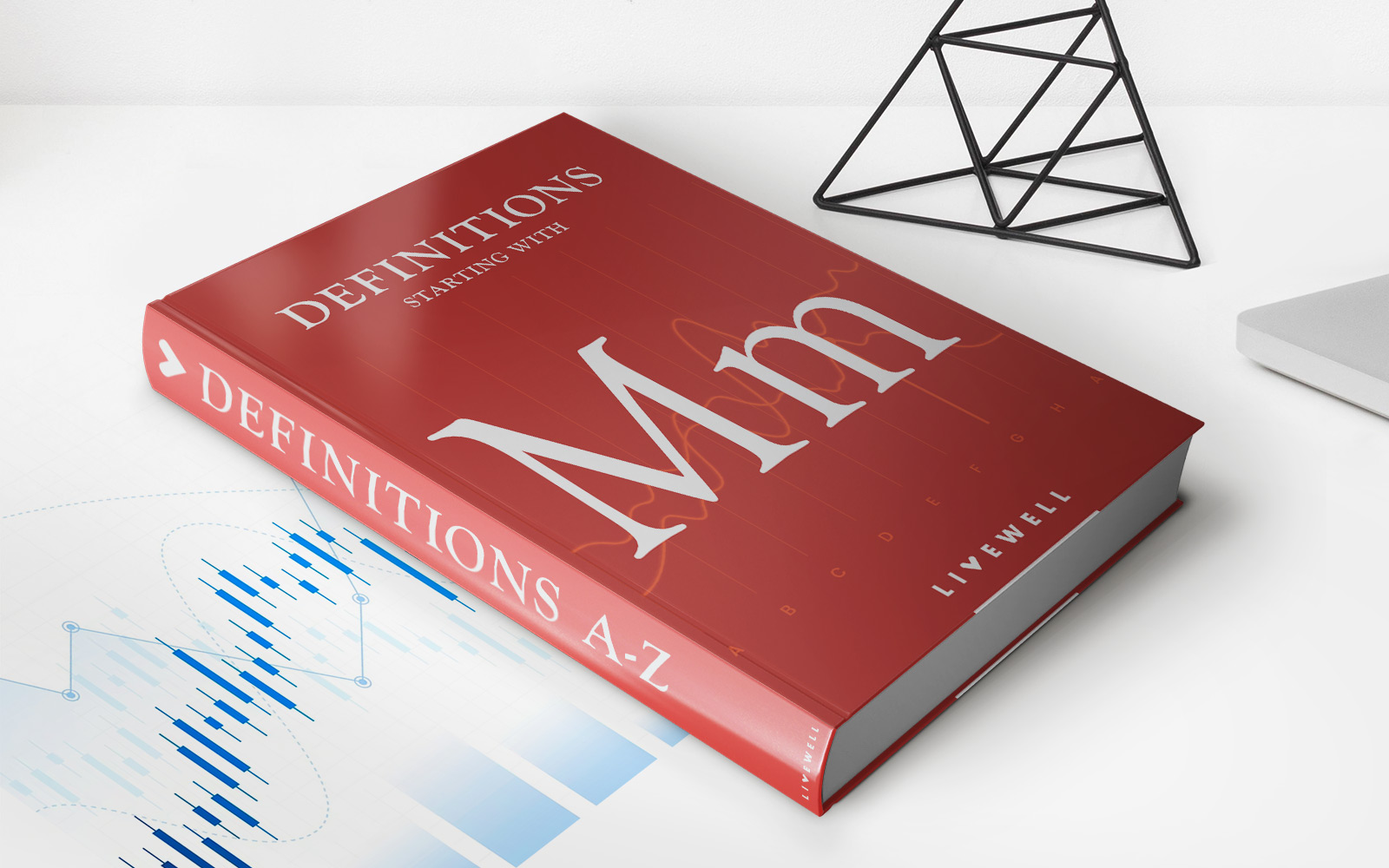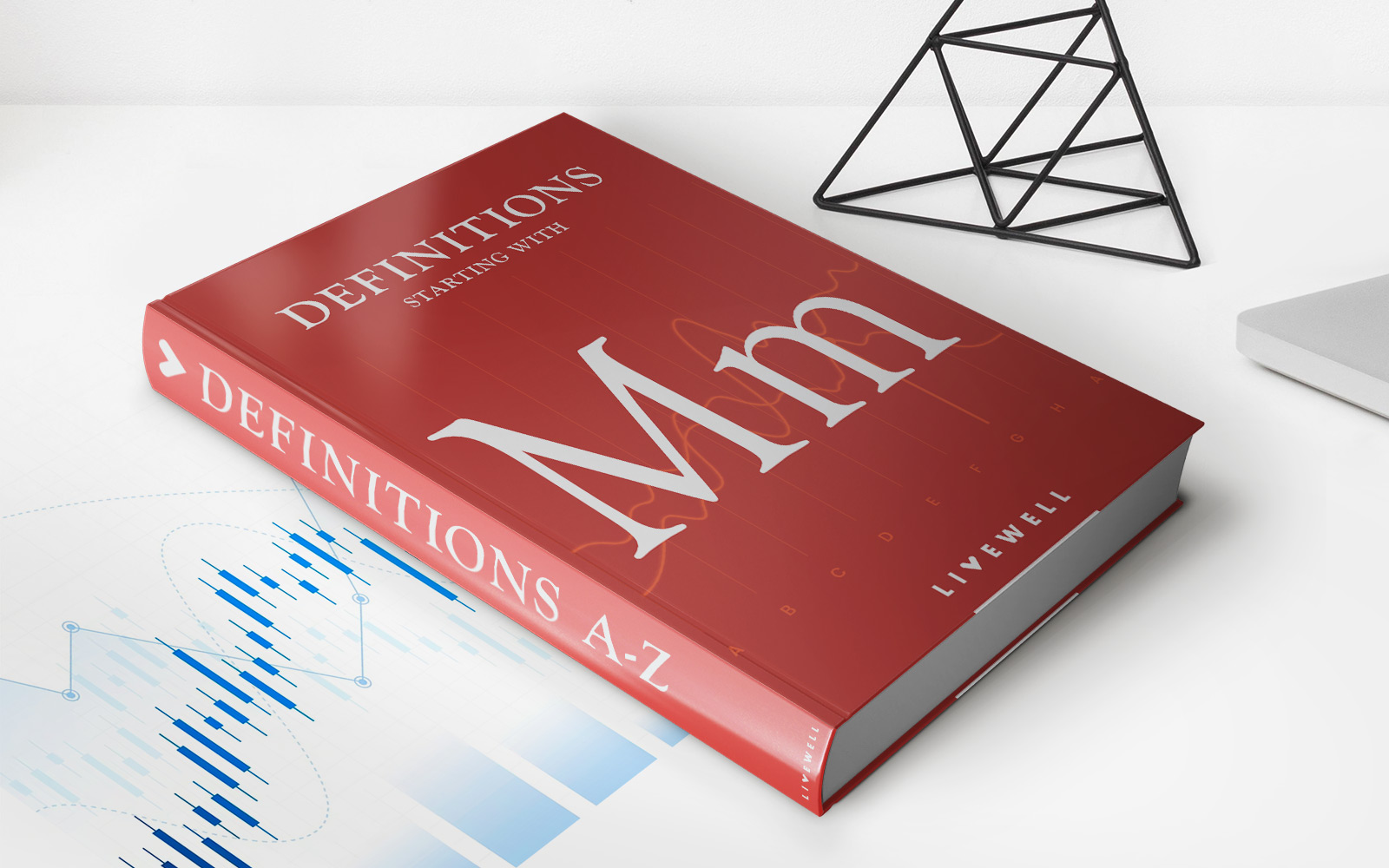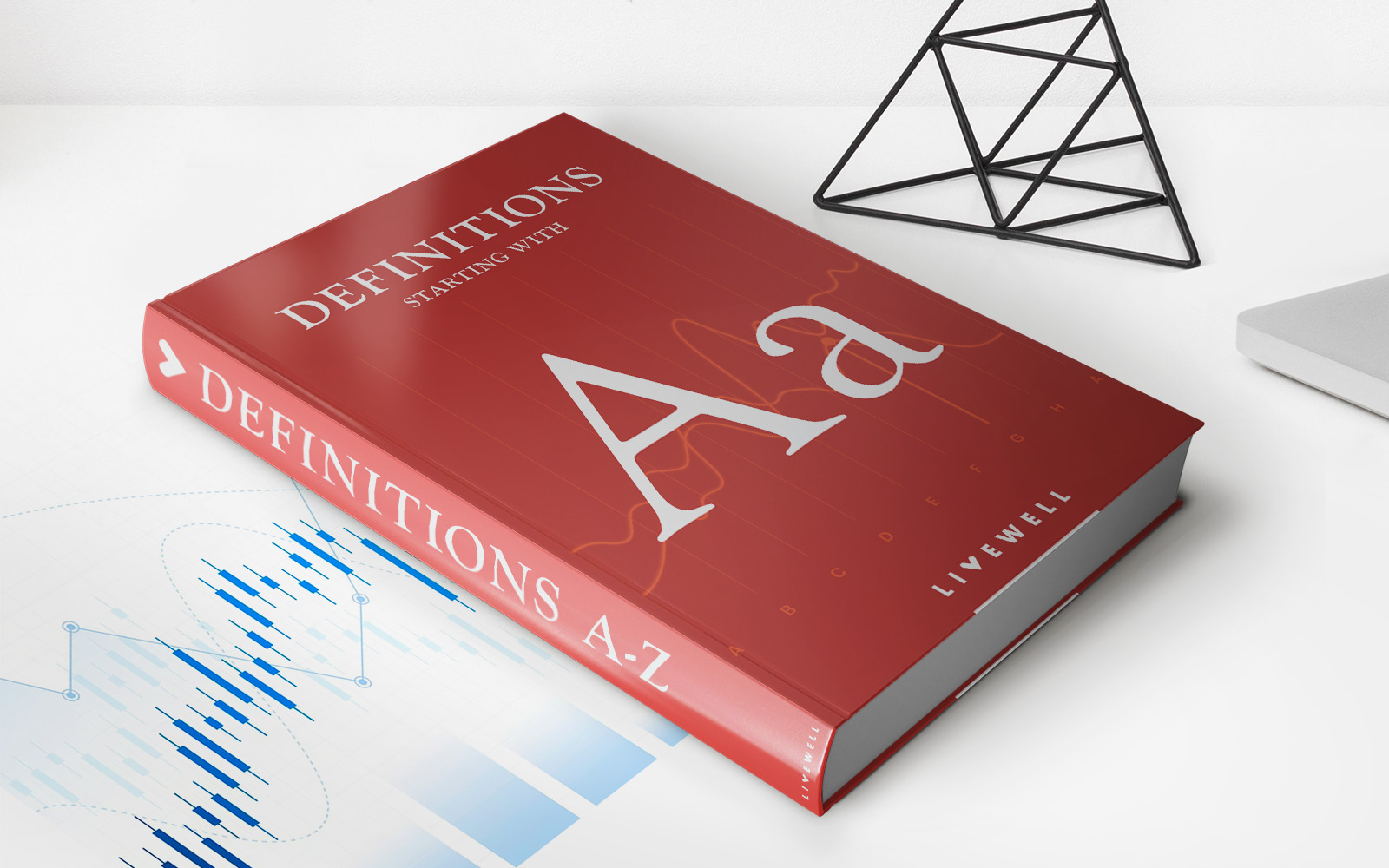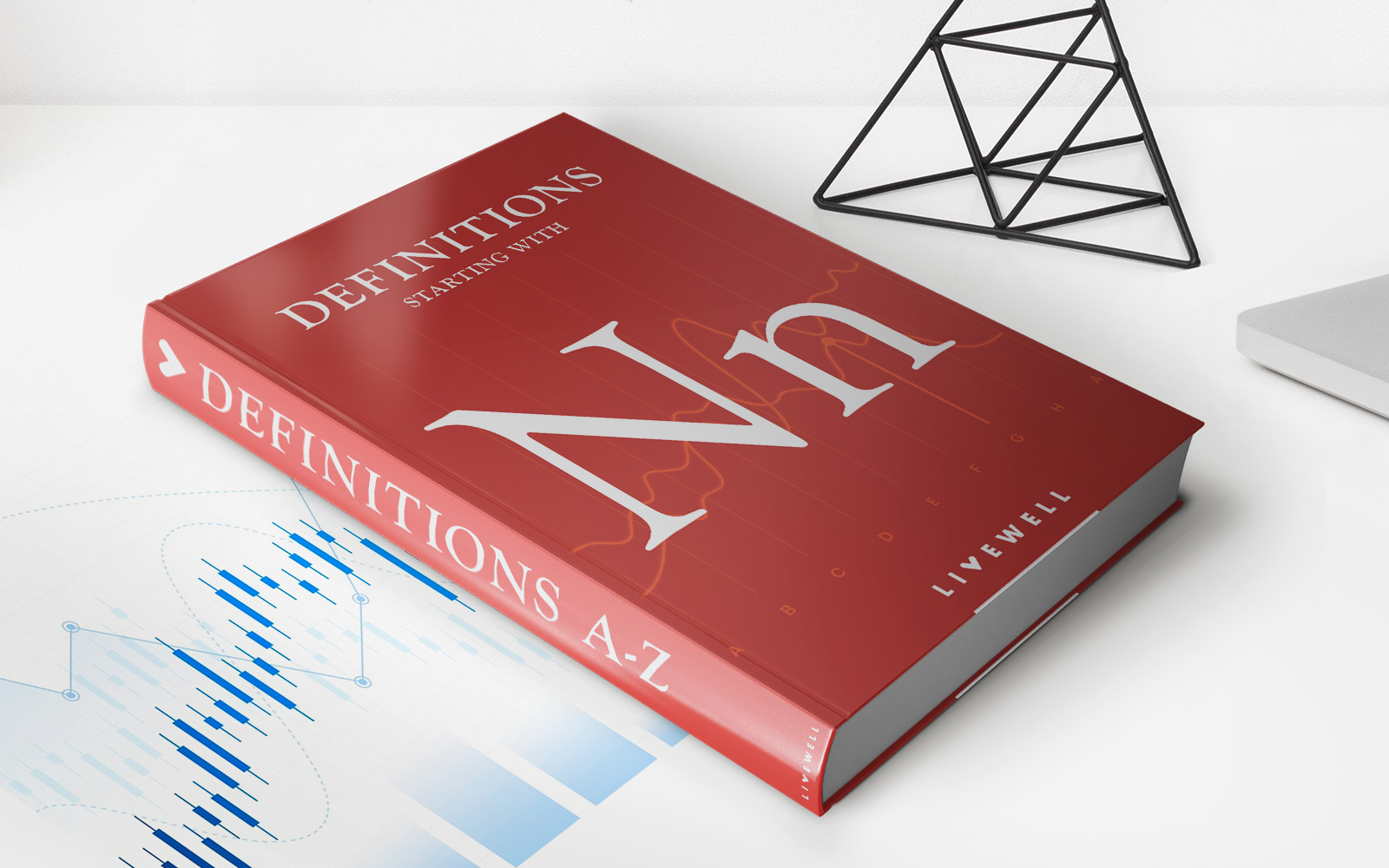Home>Finance>Material Nonpublic Information (MNPI)? Definition And Laws


Finance
Material Nonpublic Information (MNPI)? Definition And Laws
Published: December 23, 2023
Discover the definition and laws surrounding Material Nonpublic Information (MNPI) in the world of finance. Stay compliant and informed with our comprehensive guide.
(Many of the links in this article redirect to a specific reviewed product. Your purchase of these products through affiliate links helps to generate commission for LiveWell, at no extra cost. Learn more)
Understanding Material Nonpublic Information (MNPI): Definition and Laws
Welcome to another informative blog post in our “FINANCE” category. In this article, we will delve into the world of Material Nonpublic Information (MNPI) – what it means, its significance, and the laws surrounding it. If you’ve ever wondered about the ins and outs of MNPI and why it matters, you’re in the right place. So, let’s get started!
Key Takeaways:
- Material Nonpublic Information (MNPI) refers to crucial information about a company that has not been made available to the general public and can potentially affect investment decisions.
- Trading based on MNPI is illegal, as it can lead to insider trading, which undermines the integrity of financial markets.
What exactly is Material Nonpublic Information, and why is it so important in the world of finance? MNPI refers to highly relevant information about a company that has not been disseminated to the public. This sensitive information has the potential to impact the financial markets and investment decisions significantly. As such, it is crucial to have regulatory measures in place to prevent the exploitation of this information.
Insider trading is what immediately comes to mind when we talk about trading on MNPI. It’s essential to understand that acting on nonpublic information to gain an unfair advantage in the stock market is both unethical and unlawful. Securities laws prohibit the use of MNPI for trading purposes unless it is adequately disclosed to the public, ensuring a fair and level playing field for all investors.
But what laws govern MNPI?
Various laws regulate the use of MNPI worldwide, including but not limited to:
- Securities and Exchange Commission (SEC): The SEC is a key regulatory body in the United States that enforces federal securities laws. It actively investigates and prosecutes cases of insider trading and ensures compliance with regulations regarding MNPI.
- Stock Exchange Regulations: Stock exchanges, such as the New York Stock Exchange (NYSE) and NASDAQ, have their own rules and regulations that aim to maintain the integrity of the marketplace. These regulations often include guidelines on the use of MNPI and insider trading.
- Financial Industry Regulatory Authority (FINRA): FINRA is a self-regulatory organization responsible for overseeing brokerage firms and their registered representatives. It has established rules to prevent the misuse of MNPI and maintain fair and equitable trading practices.
It’s crucial for individuals, especially those working in the financial industry, to be aware of these laws and regulations surrounding MNPI. Ignorance is not a valid defense when it comes to insider trading cases, and severe penalties can be imposed on those found guilty. Therefore, it’s essential to prioritize ethics, transparency, and compliance when handling sensitive information.
In conclusion, Material Nonpublic Information (MNPI) encompasses vital, undisclosed information about a company that can significantly impact investment decisions. Trading based on MNPI is illegal, as it undermines the fairness and integrity of financial markets. Regulatory bodies like the SEC, stock exchanges, and FINRA have established laws and rules to prevent insider trading and ensure compliance. By adhering to these regulations and prioritizing ethical practices, we can work towards a transparent and fair financial system.














